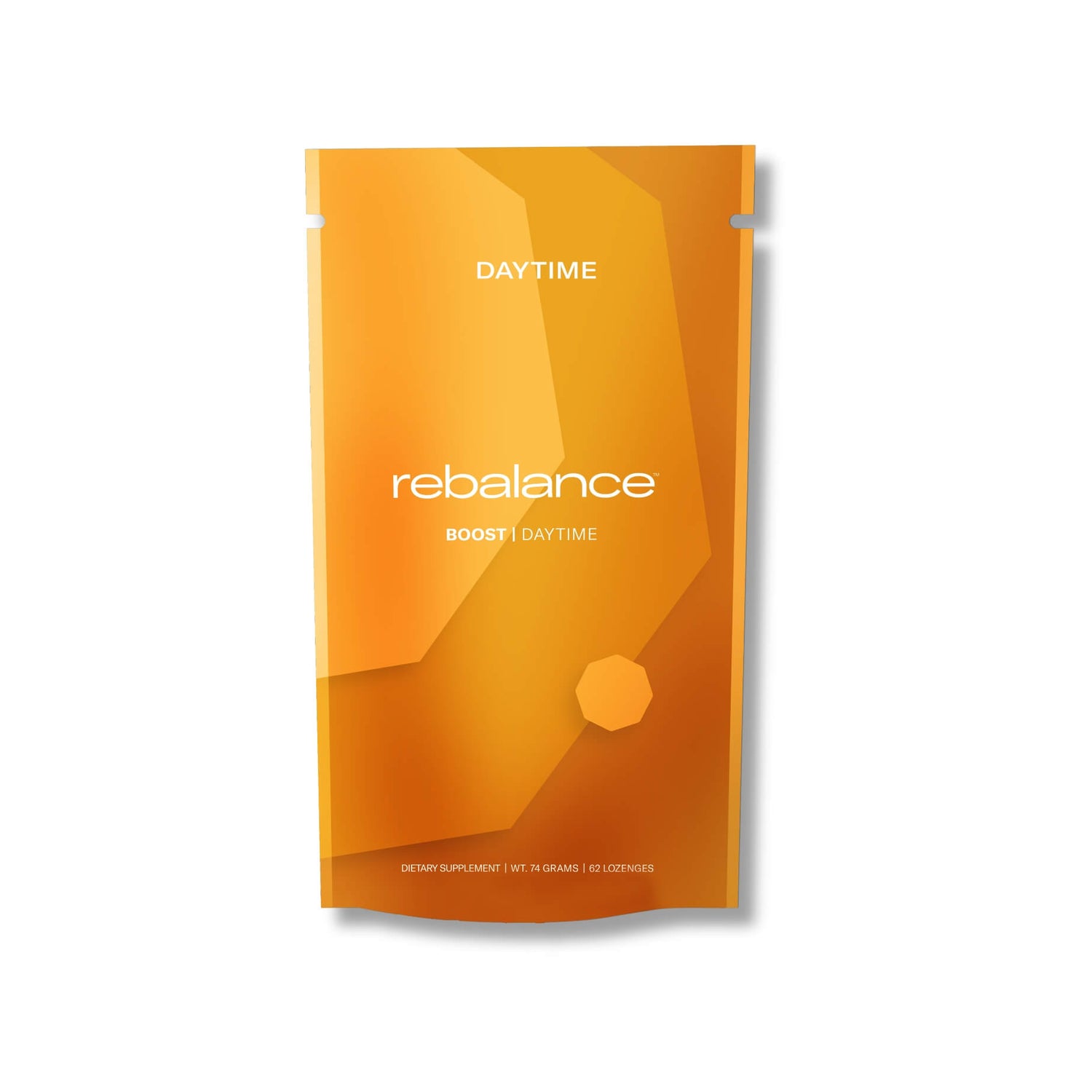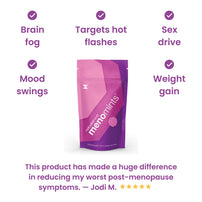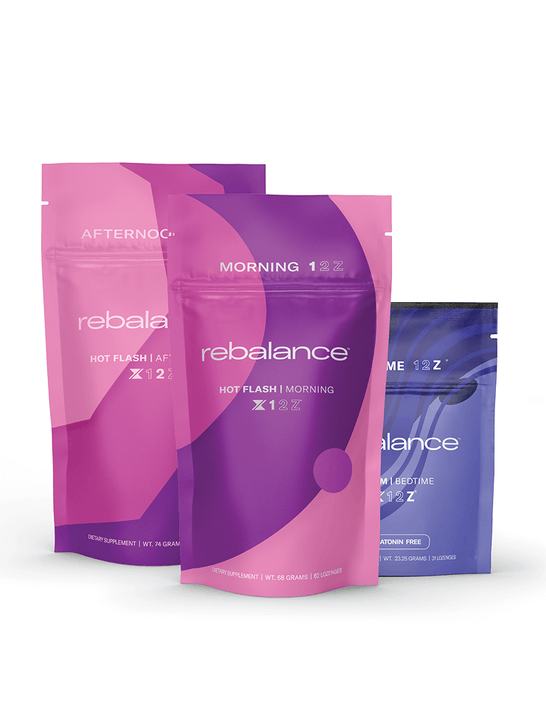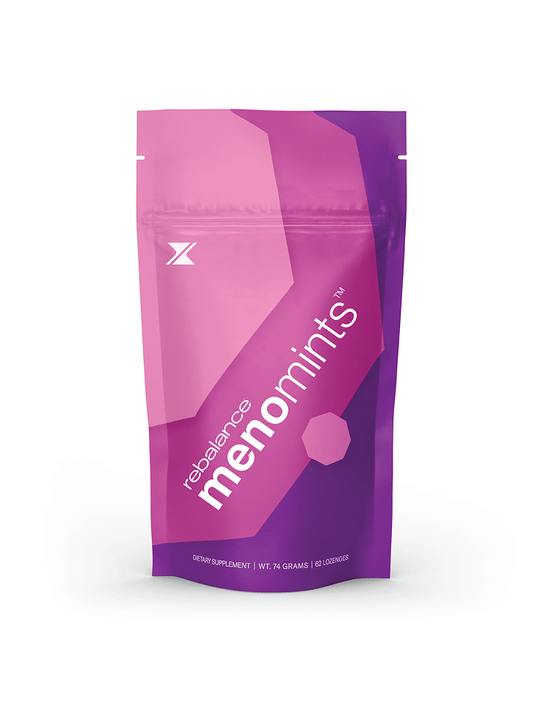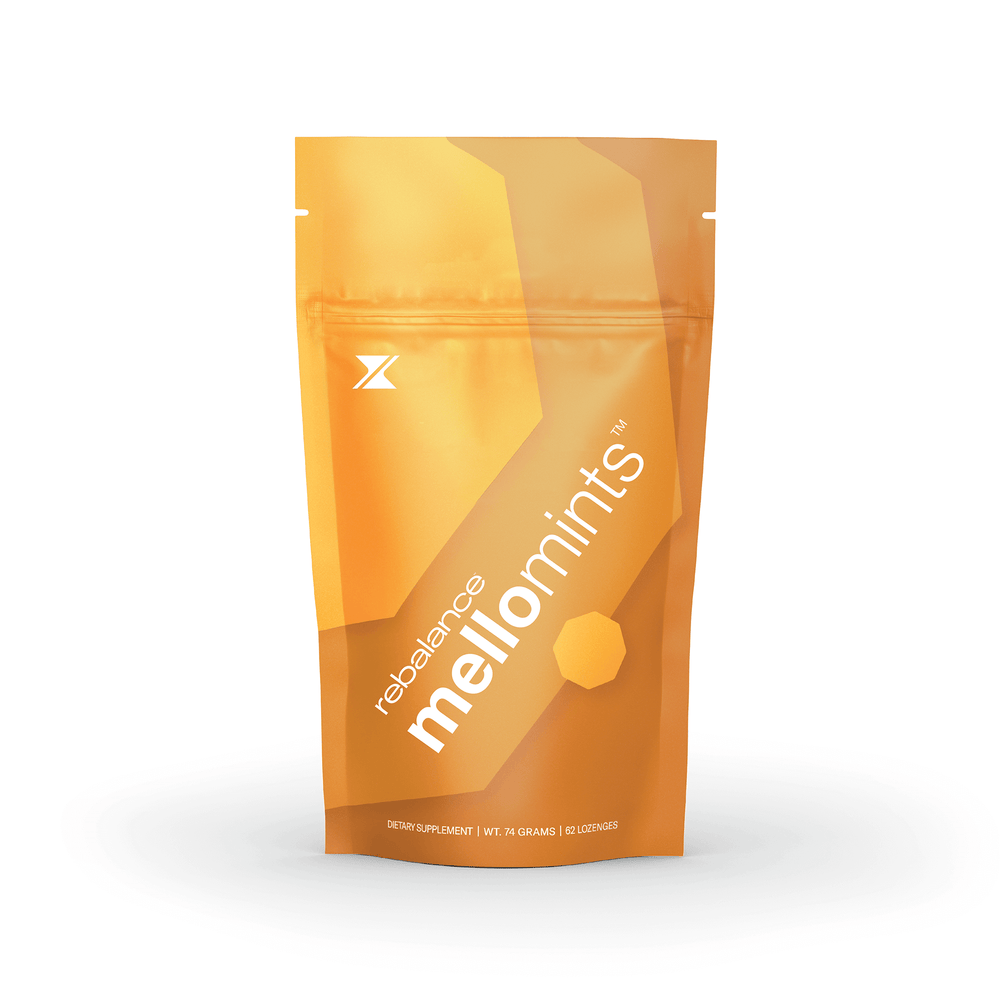The Diet-Stress Trap: Why Restriction Can Raise Cortisol—and Keep You from Losing Weight
04/30/2025 by Rebalance Health
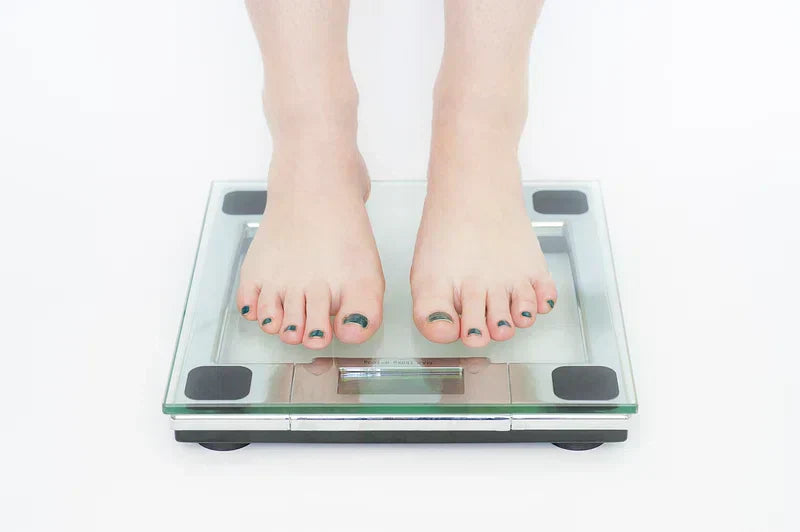
You’ve probably heard the classic advice: “If you want to lose weight, just eat less.”
But here’s what that advice forgets: your body is not a math equation—it’s a hormone machine.
And one hormone in particular is deeply tied to both stress and fat storage: cortisol.
According to research from UCLA, restricting calories may actually raise your cortisol levels—which can make it harder, not easier, to lose weight.
Let’s break it down.
Dieting = Stress. Stress = Cortisol. Cortisol = Fat Storage.
In a groundbreaking study published in Psychosomatic Medicine, researchers looked at how dieting affects women’s stress levels and cortisol output. The short version?
“Restricting calories increased the total output of cortisol, and monitoring calories increased perceived stress.”
— Tomiyama et al., 2010
Translation: Even if you’re doing “everything right” on paper—counting calories, tracking every bite—your body may be reacting like you’re under attack.
That reaction? It spikes cortisol.
Wait—Isn’t Cortisol Just a Stress Hormone?
Not quite. Cortisol is your body’s built-in survival switch. When your brain thinks you’re in danger (like famine, or a tiger, or a very judgmental dressing room mirror), it tells your body to:
- Hold on to fat (especially around your belly)
- Break down muscle for energy
- Slow your metabolism to conserve fuel
-
Crave sugar and carbs for quick energy
So when your brain hears “we’re eating less,” your body hears “we’re under attack—store fat now.”
This is why chronic dieting can leave you feeling tired, hungry, and stuck—especially during perimenopause or menopause, when your hormonal balance is already in flux.
This Isn’t About “Willpower.” It’s Biology.
You’re not failing. You’re responding to biology.
The more we try to “control” our weight through harsh restriction, the more stress we create—and the more our bodies resist us.
It’s a vicious cycle:
- You restrict calories
- Your body increases cortisol
- You store more fat and feel more cravings
- You blame yourself
- Repeat
Sound familiar?
A Smarter Way to Support Weight Loss
Instead of chasing short-term restriction, the real path forward lies in supporting your hormonal rhythm—especially calming your stress response.
What helps lower cortisol:
- Adequate nutrition (especially protein + whole foods)
- Gentle movement (like walking, yoga, strength training—not punishing cardio)
- Deep, quality sleep
- Adaptogens like ashwagandha, cordyceps, and magnolia bark
-
Systems that work with your body—not against it
That’s why we built the Rebalance Hot Flash System: to help support cortisol balance, stress recovery, and midlife weight challenges—without hormones, without starvation, and without shame.
The Bottom Line
If you’re feeling stuck, it’s not because you’re not trying hard enough.
It’s because your body is responding exactly the way it was designed to.
Let’s stop fighting our bodies—and start supporting them instead.
Related topics you might like:
Midlife Weight Gain? It's Not You — It's Your Hormones
Meno Belly or Cortisol Belly? Why It's Hard To Tell
Overview

Stay Calm. Sleep Deep. Wake Clear.
A lozenge that supports deep sleep, better REM, and calmer nights. Without melatonin — unless you want it.
